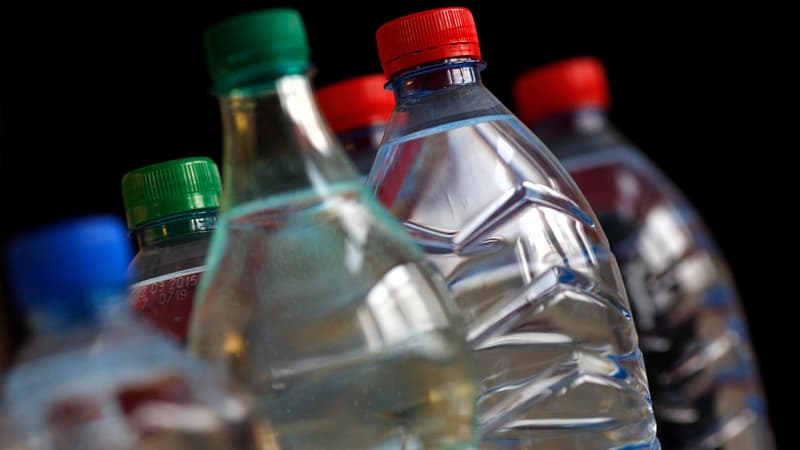Can we still drink bottled water? As droughts continue, the question arises in supermarkets. Last fall, customers were worried about not finding their usual bottles of Mont Roucous, very popular with parents for their young children. The lack of rainfall and the strong summer heat had forced this brand to reduce its shipments to stores. As for Perrier, owned by Swiss giant Nestlé, weather conditions also disrupted production last spring.
It is also this same Nestlé group that recently suspended two shallow wells dedicated to its Hépar water, out of six wells exploited in the Vosges, in the vicinity of Vittel, stating that it had become difficult to maintain the “essential stability characteristics of a natural mineral water” due to “more frequent and intense” weather events. Mineral water bottlers, however, want to be reassuring about the future of their brands: Most of the wells are deep, so little affected by recent droughts.
150 meters deep
“Droughts have no short-term consequences for our brands, because we draw water from 150 meters deep, under a thick layer of clay,” explains Julian Schmitt, marketing director at Spadel France, which operates two other Alsatian brands, Wattwiller and Carol. However, the French subsidiary of the Belgian group Spadel says it is “cautiously” watching weather events and “closely monitoring” its precious Vosges resources: the ore carrier now limits extractions at Wattwiller in southern Alsace.
Because the succession of droughts also revives the tensions around the withdrawals. In Auvergne, at the foot of the volcanoes, Danone is the regular subject of samples for its Volvic brand. The group, for its part, evokes the efforts made voluntarily in recent years, in particular 30 million euros of investment between 2017 and 2022 in the laundering procedures of its Auvergne site.
“A New Equation”
For cleaning the facilities or rinsing returnable bottles, the law obliges mineral transporters to use water from the same source. In northern Alsace, Celtic has invested in a new washing machine, allowing “85% water savings” even though its source is spared from drought, stresses Alain Andreolli, marketing director of the small independent company from Niederbronn – the bathrooms. Volvic, meanwhile, is working on a new wastewater treatment and recycling system. The procedure, not yet authorized in France, awaits the green light from the government.
To anticipate a possible “drought alert” in summer, it is expected that certain productions stock up on more bottles as the good weather approaches, and that they do not leave the supermarkets. That is where the challenge for mineral water specialists lies: drink less to preserve the resource, without reducing sales. The national decree published on Wednesday, which establishes restrictions on the extraction of water from the industry in case of drought, exempted the collection of water destined for human consumption – drinking water and bottled water.
Source: BFM TV


